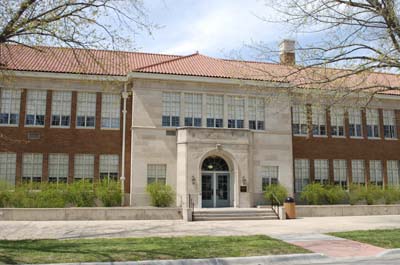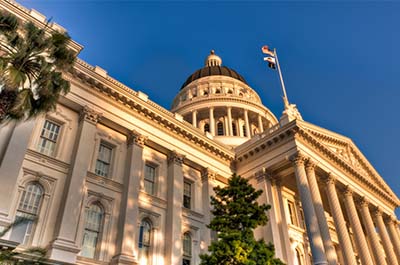School districts' bid threshold for purchases of equipment, materials, supplies and services (except construction services) has been adjusted to $90,200, effective January 1, 2018.
Beginning January 1, 2018, minors under the age of 16 must consult with legal counsel prior to a custodial interrogation and before waiving their Miranda rights.
Assembly Bill (AB) 1651 adds a new hurdle community college districts must clear before placing an academic employee on paid administrative leave. AB 1651 specifies new requirements for placing academic employees on paid administrative leave, including two days' advance notice of such a placement unless an exception applies. The bill becomes effective January 1, 2018.
On September 28, 2017, the United States Supreme Court agreed to review the Illinois case Janus v. AFSCME, Council 31, which challenges the constitutionality of "fair share" or "agency" fees collected by unions. A decision in the case is anticipated by June 2018.
Employers, including public agency employers, will be forbidden from asking job applicants for their salary history when Assembly Bill (AB) 168 becomes effective on January 1, 2018.
New guidance on schools' responsibilities for addressing claims of sexual misconduct under Title IX places greater emphasis on the rights of those accused of sexual misconduct.
State lawmakers have extended the deadlines to apply for and encumber money dedicated to energy efficiency projects at schools and community colleges - the program known as Proposition 39 - and have created a new program to fund such projects indefinitely.
A California law that bars state agencies from funding travel, and from requiring employees to travel, to states that permit discrimination on the basis of sexual orientation, gender identity or gender expression - and Attorney General Xavier Becerra's recent expansion of the list of states covered by the ban - have raised questions regarding whether the law applies to cities, counties, school dis
The California Supreme Court has ruled that an independent contractor can be criminally liable for a conflict of interest under California Government Code section 1090, expanding the universe of penalties a contractor can face for violating the statute and reversing a prior appellate court ruling that exempted contractors from criminal liability for such conflicts.








